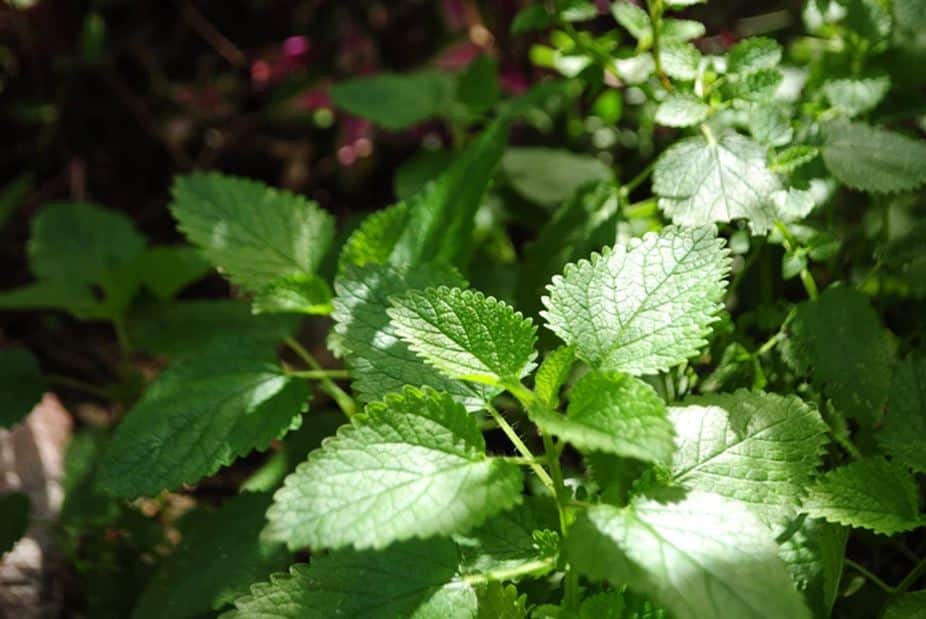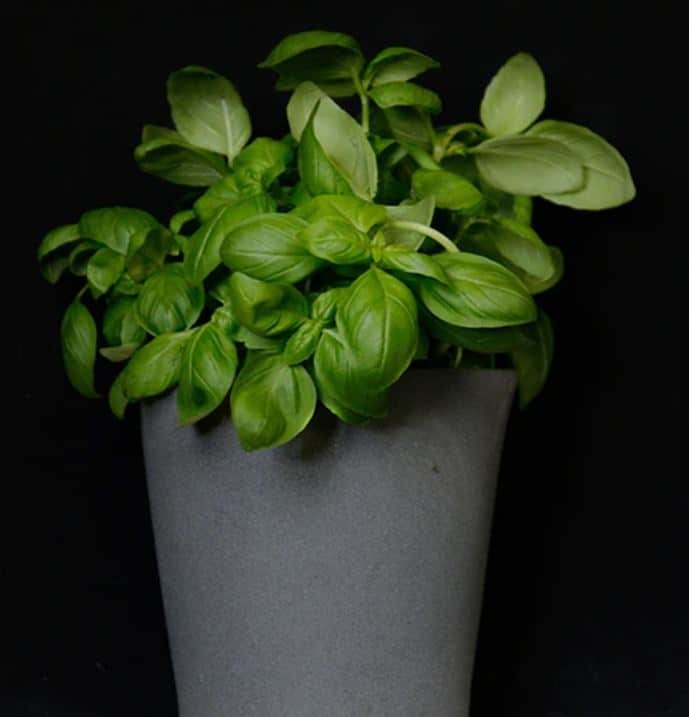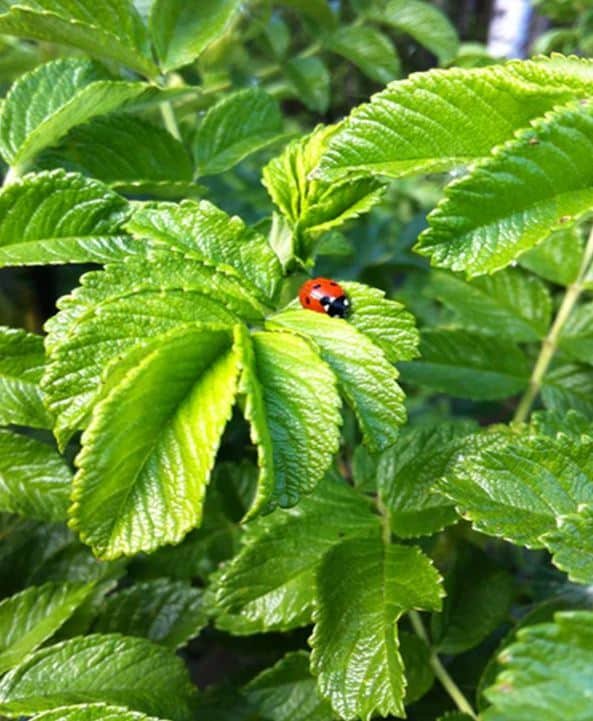CBD
5 Tips For Growing Natural Herbs In A Small Space

Growing natural herbs is a noble hobby that keeps you busy, learning, and growing all at the same time. You can make the most of your backyard kitchen space by cultivating it and selecting all the best herbs to try out. Whether big or small, your kitchen space can serve the same purpose. Pay attention to crucial factors such as access to sunlight since it will determine your herb growing project’s overall result.
Here are tips that will enable you to grow herbs in a small kitchen space.
1. Select Proper Drainage
All types of herbs are best inclined towards proper drainage to enhance their healthy growth. Even potted plants require efficient drainage to facilitate the entire project. If you’re looking to include Kratom among your herbs, get as much info as you can about it first. For example, getting the best red maeng da kratom herbs requires you to fulfill all the conditions necessary for them to sprout. Now you can buy kratom canada and reap all the benefits.
First of all, the soil you pick must match the weather in your region; hot and humid. Kratom herbs are used in the types of soils that are potentially fertile. Their Ph must range somewhere between 5.5 and 6.5. Proper drainage is essential since it helps in maintaining the ideal moisture content. Check on the wetness factor since too much of it may only attract harmful insects that may hinder its growth.
Avoid the outdoors since the conditions may not be best suited for its growth patterns. Keep them within the confines of your kitchen space to monitor and regulate their ideal conditions.
2. Select Your Varieties Wisely
Different herbs require different settings for them to thrive at their own pace. Others will grow wildly, while others may take time to even move to their next growth phase. For small spaces, you may want to consider companion planting. This is where you grow herbs familiar with each other, especially in terms of growth conditions.
Carry out extensive research on this first to avoid confusion. Get to know the herbs that would grow and thrive in each other’s company. This method of growth is quite beneficial in a couple of ways, including:
- Some of the herbs will help promote the healthy growth of those on the verge of wilting or fading away. They do this by adding crucial nutrients to the soil and allow the weaker plants to absorb them.
- Most herbs help prevent harmful garden pests – The likes of marigolds will help keep pests away and promote aesthetic value in your garden.
- Attract positive insects – Some herbs are advantageous due to their ability to attract beneficial insects and bugs. For instance, bees are known for their ability to make your plants bloom into beautiful flowers.
- Makes your garden look versatile – Selecting your herbs carefully for your small kitchen space enables you to achieve versatility.
Choosing all the right herb species makes your project a learning adventure. What’s more, it’s a noble way to keep yourself busy and avoid other fruitless distractions.
Read more: Top 5 Herbs Which Improve Your Gut Health
3. Consider a Sunny Spot
Sunlight is one of the most crucial aspects for quick and healthy germination to take place. What’s more, light brings along nutrients that equip a plant’s potential to grow fast. One of the most convenient spots to consider is beneath your kitchen window. Most homes are designed according to the position of the sun at certain times of the day.
In this case, the kitchen usually is one of the very first rooms to receive sunlight. Take advantage of this factor by gathering all your prospective herbs to make the most of the sunlight. In case yours is a sunless spot, you could consider planting your herbs in pots. This move is advantageous to the herbs since you can harness the benefits of sunlight from any position.
In case your kitchen is devoid of sunlight, you can move the pots to other well-lit areas around your compound. However, pots can be quite involving at times in different ways. You may have to rotate them two to three times a day to enable each part of the plant to receive an equal portion of sunlight. Rotating also prevents your herbs from attaining a leggy look.

4. Use Fertilizer and Water
These are catalysts that make the growth process a smooth one with fewer challenges. However, dealing with different types of herbs needs you to be keen at all times. If possible, keep a calendar in your kitchen to help you keep track of your watering progress. Some herbs may only need a small amount of water to facilitate their growth and survival.
On the other hand, others may need as much water as you can supply. Fertilizer may not be a must for all herbs since some tend to grow healthy naturally. To be on the safe side, have your fertilizers close by. As mentioned earlier, do lots of research on the herbs you intend to grow first. This will prepare you for all the work you’ll have to put in to ensure outstanding results. Find out all the hard facts as well as the ones you may assume to be unimportant.
Herb growth is a journey that requires the full dedication of your time, resources, and energy to make things work.

Image Credit: Unsplash
5. Plan Your Harvest Wisely
Come up with a harvest plan that will see you reach out to each of your herbs. Avoid harvesting them without giving them ample time to grow back to full maturity. Have a method that will guide you through the harvesting process. For example, harvesting only a third of it is as moderate as you can go. Flowers may be a hindrance to the vibrant flavor that your herbs are eager to spread around.
Remove the flowers carefully during harvest, and then prune your herbs. The act of pruning is beneficial since it helps your herbs to increase and expand. Equip yourself with all the knowledge in regards to each of your herbs’ pruning needs.

Image Credit: Unsplash
Final Thoughts
Take proper care of your herbs rather than neglect them. They need all the care and attention to grow and expand regardless of your busy schedule. Learn the basics of each herb and nurture them in regards to what you’ve learned.
Related Topic: How Herbal Bath Is Beneficial For You?
-

 Celebrity4 weeks ago
Celebrity4 weeks agoIs YNW Melly Out Of Jail? What Is The YNW Melly Release Date, Career, Early Life, And More
-

 Sports4 weeks ago
Sports4 weeks agoMore Than Just a Game: How College Sports Can Shape Your Future
-

 Tech3 weeks ago
Tech3 weeks agoAI Software: Transforming the Future of Technology
-

 Tech3 weeks ago
Tech3 weeks agoAll About Com. Dti. Folder Launcher: Features, Benefits, Tips, And More













